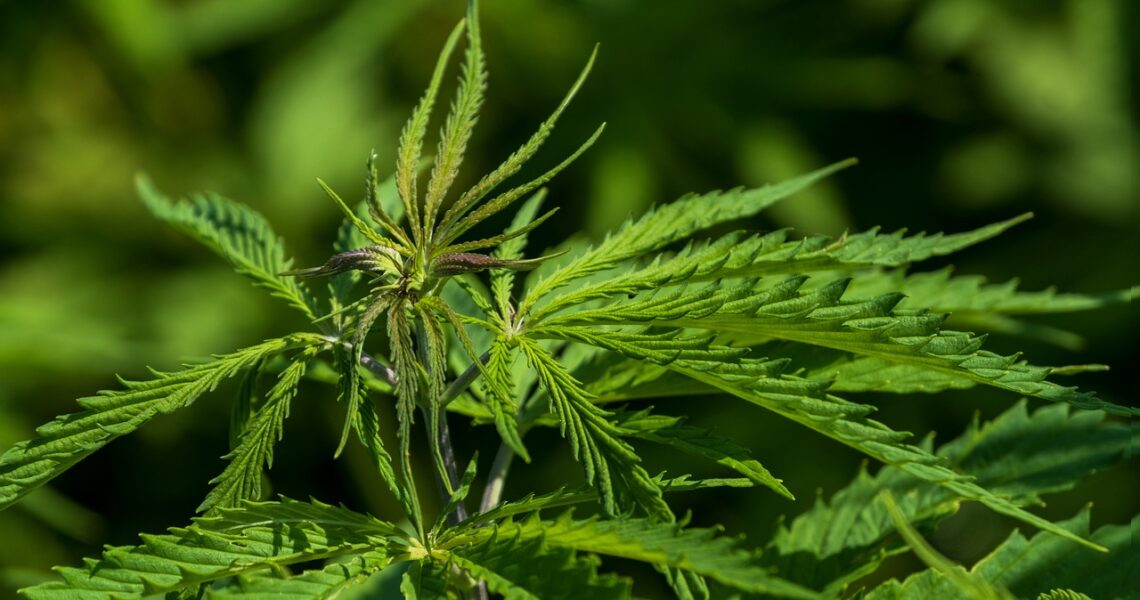In recent years, the exploration of alternative wellness options has gained momentum, with many individuals seeking natural remedies to enhance their health. One such option that has captured attention is the THCA flower. This article delves into the potential benefits and uses of THCa Flower Benefits: Natural Healing, providing insights into how it may contribute to a healthier lifestyle.
Understanding THCA: The Basics
THCA, or tetrahydrocannabinolic acid, is a non-psychoactive cannabinoid found in raw cannabis plants. Unlike THC, which is known for its psychoactive effects, THCA does not produce a “high.” This makes it an appealing option for those looking to experience the therapeutic benefits of cannabis without the mind-altering effects.
The Science Behind THCA
THCA is the precursor to THC. When cannabis is heated through smoking, vaping, or cooking, THCA undergoes decarboxylation, converting into THC. In its raw form, THCA offers a range of potential health benefits without the psychoactive effects associated with THC.
Potential Health Benefits of THCA Flower
Research into the benefits of THCA is still in its early stages, but preliminary studies and anecdotal evidence suggest several potential advantages:
- Anti-inflammatory Properties: THCA may help reduce inflammation, making it a potential option for those with conditions like arthritis or inflammatory bowel disease.
- Neuroprotective Effects: Some studies indicate that THCA may have neuroprotective properties, which could be beneficial for individuals with neurodegenerative diseases.
- Anti-emetic Benefits: THCA might help alleviate nausea and vomiting, offering relief for those undergoing chemotherapy or dealing with chronic nausea.
- Appetite Stimulation: For individuals struggling with appetite loss, THCA could potentially help stimulate hunger.
Case Studies and Research
While comprehensive clinical trials are limited, some case studies and smaller research projects have highlighted the potential of THCA. For instance, a study published in the British Journal of Pharmacology suggested that THCA could reduce inflammation and pain in animal models. Another study indicated that THCA might have anti-proliferative effects on prostate cancer cells.
Incorporating THCA Flower into Your Wellness Routine
For those interested in exploring THCA flower, there are several ways to incorporate it into a wellness routine:
- Juicing: Raw cannabis leaves and flowers can be juiced to retain THCA in its natural form.
- Smoothies: Adding raw cannabis to smoothies is another way to consume THCA without heating it.
- Tinctures: THCA tinctures can be used sublingually for quick absorption.
Considerations for Use
Before incorporating THCA flower into your routine, it’s advisable to consult with a healthcare professional, especially if you have existing health conditions or are taking other medications. Understanding the source and quality of the THCA flower is also important to ensure safety and efficacy.
The Future of THCA in Wellness
As research continues to unfold, the potential applications of THCA in wellness are likely to expand. With growing interest in natural and holistic health solutions, THCA flower may become a more prominent option for those seeking alternative therapies.
Statistics and Market Trends
The cannabis market has seen significant growth, with the global market projected to reach $97.35 billion by 2026. As part of this trend, the demand for non-psychoactive cannabinoids like THCA is expected to rise, driven by consumer interest in health and wellness products.
Conclusion
THCA flower presents a promising avenue for those interested in exploring natural wellness options. With its potential anti-inflammatory, neuroprotective, and anti-emetic properties, THCA offers a range of benefits without the psychoactive effects of THC. As research progresses, THCA may become an integral part of holistic health practices, providing individuals with new ways to enhance their well-being.
